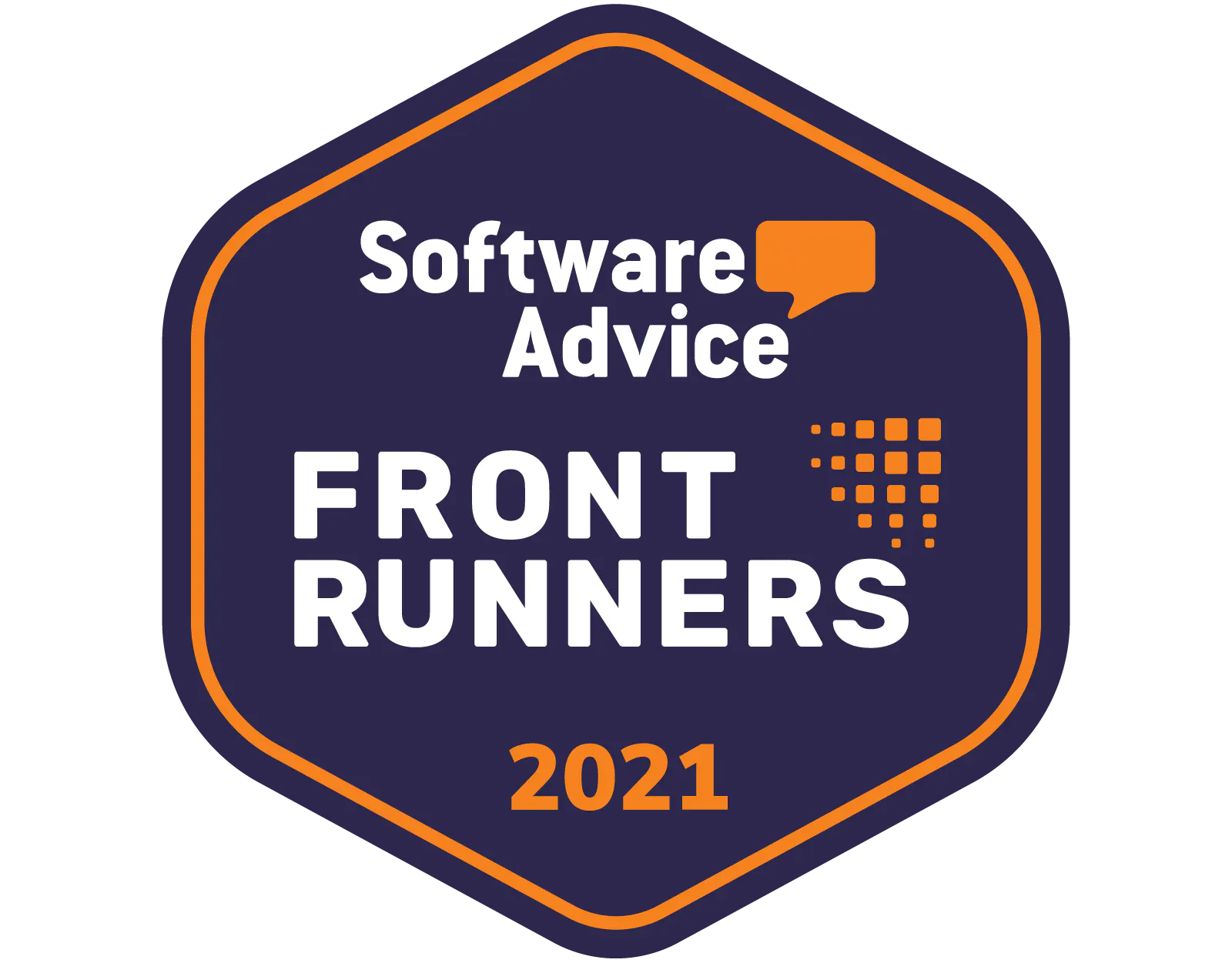How should I evaluate a CMMS?
While the absence or presence of features can make or break a CMMS, it's important to consider the vendor's implementation plan, availability of training, and how the CMMS will help you achieve your goals as well. If you choose a CMMS only based on the presence of a PM scheduler without looking into the vendor's training practices, you might find your implementation severely lacking.
What are the CMMS' features?
You need to make sure a proposed CMMS has the features you require. If you're switching to a PM program, for instance, you need to make sure the CMMS is capable of creating scheduled maintenance tasks, automating work orders, and attaching vital procedural documentation to activities.
How will the vendor help us?
The CMMS vendor, like any other vendor, is there to help you. However, you need to evaluate the CMMS and its vendor based on the amount of assistance you receive through your purchase. For example, it's great if a vendor is willing to help you implement the CMMS, but if they aren't willing to train your employees you need to allocate a budget for training materials.
How does the CMMS help achieve our goals?
If you've planned for implementation correctly, you have a set of goals you're trying to achieve by implementing a CMMS. Part of evaluating a proposed CMMS is determining if the software can help with these goals. For instance, a factory or industrial facility probably shouldn't choose the same CMMS as a farm or a restaurant because their needs are different.
What kind of data do we need?
It's also helpful to consider the kinds of data you want to gather using a CMMS. Some CMMS software will only allow end users to input specific data sets based on pre-determined inputs (like machine failure codes). Others will allow completely customized data input, which can be a double-edged sword if your employees don't know what makes quality data.
Want to keep reading?
Selecting the Best CMMS
14 Tips for a Successful CMMS Implementation
Seven Attributes of a Highly Effective CMMS
4,000+ COMPANIES RELY ON ASSET OPERATIONS MANAGEMENT
Leading the Way to a Better Future for Maintenance and Reliability
Your asset and equipment data doesn't belong in a silo. UpKeep makes it simple to see where everything stands, all in one place. That means less guesswork and more time to focus on what matters.


![[Review Badge] GetApp CMMS 2022 (Dark)](https://www.datocms-assets.com/38028/1673900459-get-app-logo-dark.png?auto=compress&fm=webp&w=347)
![[Review Badge] Gartner Peer Insights (Dark)](https://www.datocms-assets.com/38028/1673900494-gartner-logo-dark.png?auto=compress&fm=webp&w=336)
